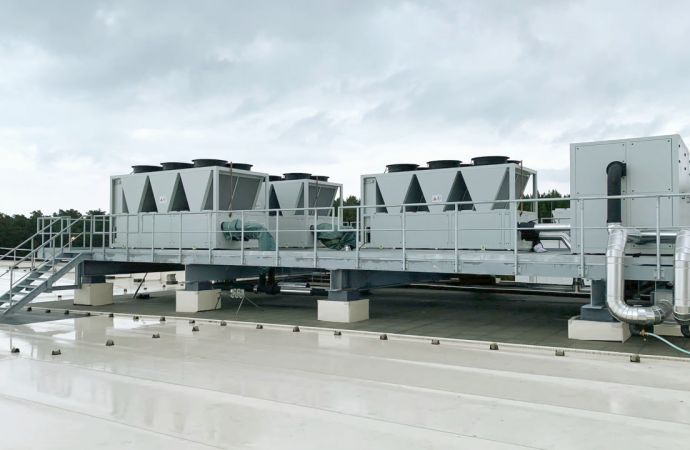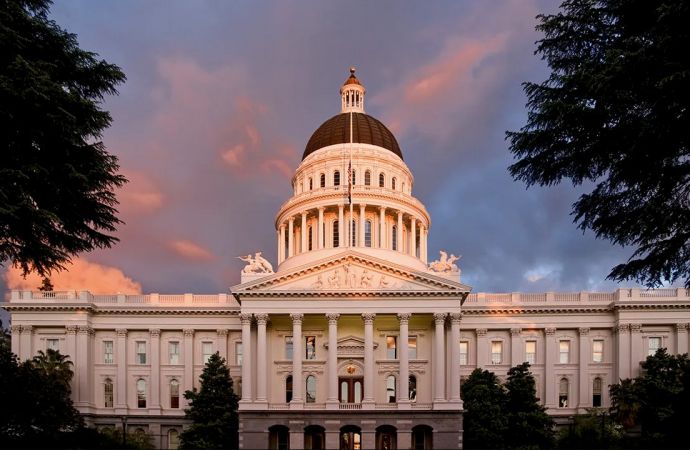The California agency, which is targeting HFCs and other short-lived climate pollutants, will assess the impact of the Kigali Amendment on its HFC phase-down plans.

The California Air Resources Board (CARB) has posted a revised draft of California's proposed Short-Lived Climate Pollutant (SLCP) Strategy, which covers a category that includes hydrofluorocarbons (HFCs).
SLCPs, which also include methane and black carbon (soot), remain in the atmosphere for a relatively brief period, but have global warming potentials that are much higher than that of CO2.
"Science tells us that controlling these climate super-pollutants will buy time for countries to make the transition to clean energy while continuing to grow their economies," said CARB Chair Mary D. Nichols.
CARB’s strategy includes measures that can promote the adoption of low-GWP alternatives such as natural refrigerants. Among those measures are: a prohibition on refrigerants with GWPs of 150 or more in new stationary non-residential refrigeration equipment; and a prohibition on sales of high-GWP refrigerants (2,500 or more).
Science tells us that controlling these climate super pollutants will buy time for countries to make the transition to clean energy while continuing to grow their economies,"
– Mary D. Nichols, CARB chair
CARB’s revised strategy takes into account recent developments, notably the mid-October announcement in Kigali, Rwanda of an amendment to the Montreal Protocol, which calls for a global phase-down of HFCs. CARB will sponsor a third-party assessment of the impact of the Kigali amendment on HFC emissions and reductions in California, which will help shape CARB’s own phase-down plan.
CARB began publicly evaluating controls for SLCPs with California’s first Assembly Bill (AB) 32 Scoping Plan in 2008. The latest version of the strategy prior to the revision was released in April 2016; the revised version appeared on November 28.
California’s Senate Bill (SB) 1383, enacted August 31, 2016, requires CARB to complete and approve the plan by January 1, 2018, after which it will commence the rulemaking process, leading up to new regulations in 2018 or early 2019. SB 1383 also sets targets for statewide reductions of HFC emissions at 40% below 2013 levels by 2030.
The SLCP Strategy is due to come before the CARB board for consideration in March 2017.
Related stories



